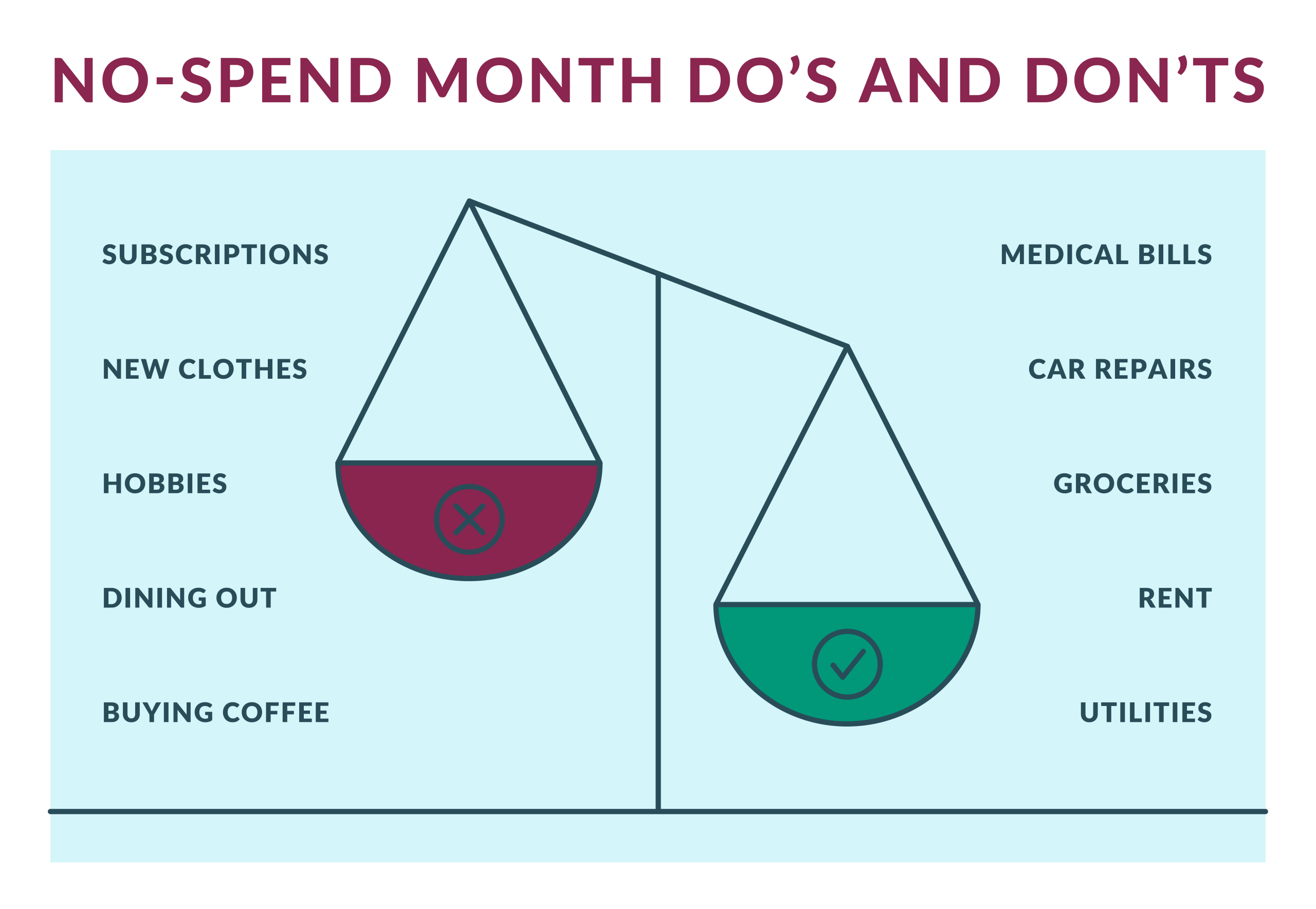Anúncios
Home insurance coverage is a fundamental element in protecting your home against a variety of unforeseen events.
In addition to providing peace of mind, understanding the details of this coverage is essential to ensure that your home and belongings are adequately protected.
In this article, we will show in detail what is included in home insurance coverage and how this service can safeguard you against unforeseen challenges that may arise.
Learn more about home insurance coverage
Home insurance coverage deals precisely with everything you’ll get back in case of problems with your home.
We’ve broken down the main coverages so you can get to know them and understand what you’re signing up for.
Dwelling
Dwelling coverage is the cornerstone of home insurance, ensuring protection for the main structure of your home in case of damage caused by events such as fires, storms, explosions, and other covered disasters.
This means that if your home suffers damage that compromises its physical integrity, such as damaged walls, a damaged roof, or compromised structure, dwelling coverage will come into play to help cover the costs of repair or reconstruction.
It is important to note that when determining the value of dwelling coverage, it is essential to consider not only the cost of rebuilding the structure but also the value of the land on which the house is built.
An effective home insurance policy should ensure that you are adequately protected against losses related to the structure of the house.
Personal Property
In addition to protecting the structure of your home, comprehensive home insurance also provides coverage for your personal belongings inside the residence.
From furniture and appliances to clothing, electronics, and items of sentimental value, personal property coverage helps cover the costs of replacement or repair of these items. In case of damage or loss due to events covered by the policy.
It is important to carefully review the limits of personal property coverage in your policy to ensure they are aligned with the actual value of your belongings.
In some cases, it may be necessary to add specific coverage for high-value items such as jewelry, artwork, or collections to ensure adequate protection.
Loss of Use
When your home becomes temporarily uninhabitable due to damages covered by insurance, such as fires or floods, loss of use coverage comes into play to help cover the costs associated with finding temporary housing.
This may include expenses for renting a house or apartment similar to yours, additional transportation costs, and even meal expenses while away from home.
Loss of use is a vital protection that provides peace of mind during difficult times, ensuring that you and your family have a safe and comfortable place to live while your primary residence is being repaired or rebuilt.
It is important to review the specific limits and conditions of this coverage in your policy to ensure they meet your individual needs.
Other Structures
In addition to the main house, many residential properties include other structures on their grounds, such as garages, sheds, fences, and pools.
Coverage for other structures in a home insurance policy is designed to protect these secondary elements against damage caused by covered events, offering financial assistance for repairs or reconstruction if necessary.
When determining the adequacy of coverage for other structures in your policy, it is important to consider the value and importance of these secondary constructions to your property.
If you have additional structures of high value or emotional significance, it may be necessary to adjust coverage limits to ensure adequate protection.
Medical Payments
Medical payments coverage is designed to provide financial assistance for medical expenses resulting from injuries sustained by individuals who are not members of your household. Such as guests or neighbors, who are injured on your property.
This coverage can help cover costs such as doctor visits, hospital treatment, and even ambulance expenses.
The importance of medical payments coverage goes beyond simple financial assistance. It can also help prevent unnecessary litigation by providing a quick and effective way to deal with minor incidents that occur on your property, protecting your relationships and reputation.
Personal Liability
Personal liability coverage comes into play when you are legally responsible for bodily injury or property damage caused to other people or properties.
This may include situations such as injuries to visitors in your home or accidental damage to third-party properties.
In addition to helping cover the costs associated with claims and litigation, personal liability coverage can also offer protection against moral and punitive damages. In this way, providing a vital financial safety net in potentially adverse situations.
Is Home Insurance Worth It?
The decision to purchase home insurance depends on various factors. Including your individual circumstances, the value of your property, your comfort level with financial risk, and your personal priorities.
It is important to remember that home insurance provides financial protection against a variety of unforeseen events, such as fires, thefts, floods, and damages caused by natural disasters.
This can help cover the costs of repairing or rebuilding your home and replacing lost belongings.
Having home insurance can provide peace of mind, knowing that you are protected against life’s uncertainties that may affect your home and belongings.
If you have a mortgage, your lender will likely require you to have home insurance to protect their investment.
Additionally, if you rent your property, the landlord may require you to have home insurance as part of the lease agreement.
What about the costs?
The cost of home insurance can vary depending on various factors such as the value of your home, your location, the type of coverage you choose, and your claims history.
When assessing the cost of insurance against the benefits offered, consider the value of your assets and your ability to pay for repairs or reconstruction in the event of a catastrophic event.
In addition to basic coverages, many home insurance policies offer additional coverage options. Such as flood insurance, earthquake insurance, liability coverage, and temporary living expenses.
Evaluate your individual needs and consider whether these extra coverages are suitable for you.
Ultimately, the decision to purchase home insurance is personal and should be based on a careful assessment of your individual circumstances, priorities, and financial risk tolerance.
While home insurance may represent an additional monthly cost, for many people, the protection and peace of mind it offers are worth the investment.
From this, then, you already know about home insurance coverage and can easily sign up for yours. Put this tip into practice and see others on our page.






